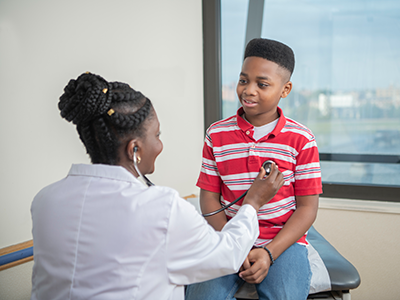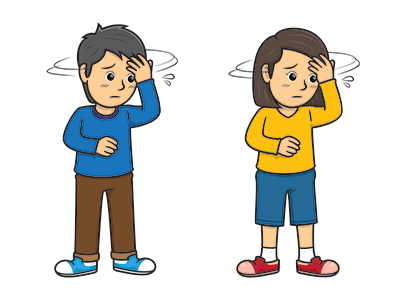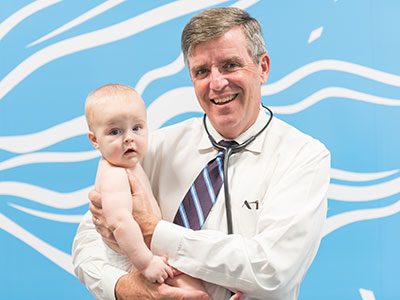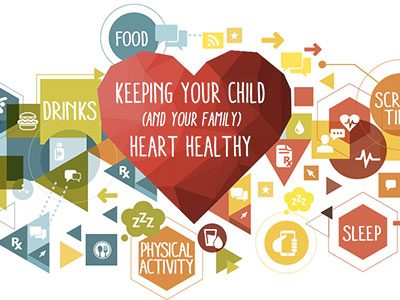Anitha John, MD, PhD, is the Director of the Washington Adult Congenital Heart Program (WACH) at Children’s National Hospital. Dr. John shares the importance of lifelong care for CHD patients, including a list of helpful tips for parents of CHD patients transitioning to adulthood and managing their own healthcare.
Congenital heart defects (CHD) remain the most common birth defect. More than likely, we will all know someone in our family or in our circle of friends who was born with a heart problem. Thanks to major advances in medicines and surgeries, children with CHD have more than a 90 percent survival rate and are expected to live well into adulthood. There are currently more than 1.3 million adults in the U.S. with CHD – greater than the number of children with these conditions – and this number is expected to grow. It is very important to know, however, that CHD is a lifelong condition and even if a patient has had surgery, that does not equal a cure. Adults with congenital heart defects have unique healthcare needs and complications that need to be monitored.
Eight ways to help your child with CHD
- Help your child learn the name of his or her condition, their medications and their medical history. For young women, it is important to know what kind of birth control is safe to use as they get older, as well as the risks of pregnancy.
- Encourage your child to become more independent. This can include making doctor’s appointments, calling for refills on their prescriptions or asking questions at their doctor’s visit.
- Know what signs or symptoms to watch for as your child gets older.
- Know how to find specialized adult CHD care, so that you and your child can feel prepared to move on to new stages in life like a job, college, traveling, etc.
- Work with your child’s pediatric cardiologist to transition to an ACHD cardiologist when the time is right (usually around the ages of 18-24 years).
- Know how often your child needs to be seen. Whether your child sees their team every five years or every six months, it’s important to be consistent so that your team can catch any small problems before they become big ones.
- Encourage your child to stay active and live a healthy lifestyle. Ask your cardiologists what activities are safe for your child.
- Be respectful when your child wants to ask their doctor questions in private. The goal is to raise independent adults who will take charge of their own healthcare.
The WACH Program was developed to provide lifelong care to adults with CHD. One of the most important resources for helping CHD patients stay healthy as they age is cardiologists who specialize in adult congenital heart defects. These doctors have a unique understanding of the surgical and medical procedures done in childhood as well as how aging and other disease processes can affect the heart health of adults with CHD.
 https://riseandshine.childrensnational.org/wp-content/uploads/2023/01/group-of-young-athletes-huddling-feature.png
300
400
Rise and Shine
https://riseandshine.childrensnational.org/wp-content/uploads/2017/11/childrens_riseandshine_logo.jpg
Rise and Shine2025-09-09 07:00:362025-09-09 13:28:37Sudden cardiac arrest in children: What parents need to know
https://riseandshine.childrensnational.org/wp-content/uploads/2023/01/group-of-young-athletes-huddling-feature.png
300
400
Rise and Shine
https://riseandshine.childrensnational.org/wp-content/uploads/2017/11/childrens_riseandshine_logo.jpg
Rise and Shine2025-09-09 07:00:362025-09-09 13:28:37Sudden cardiac arrest in children: What parents need to know



















I’m a momma of a CHD kiddo. He is now 19 and has transitioned to adult care thru Children’s. I’m struggling….. after being with him every step of the way from the moment he was diagnosed at 9 months old….. thru every appt, test, procedure, surgeries….. I respect he is an adult, but this doing it all on his own thing is hard of this momma!